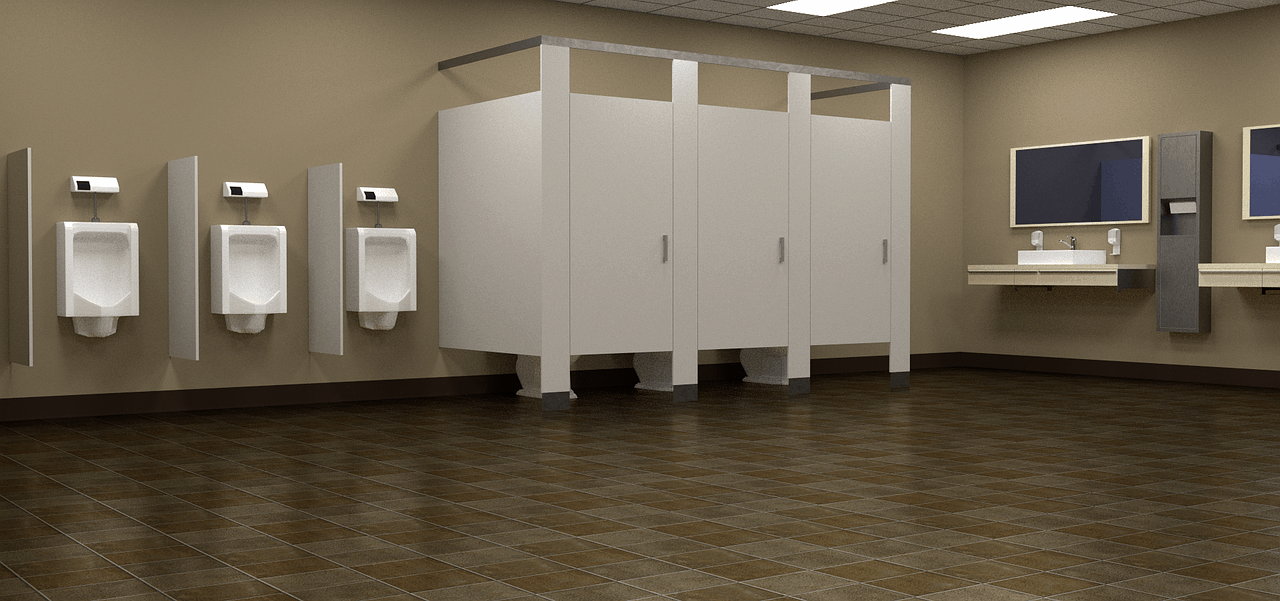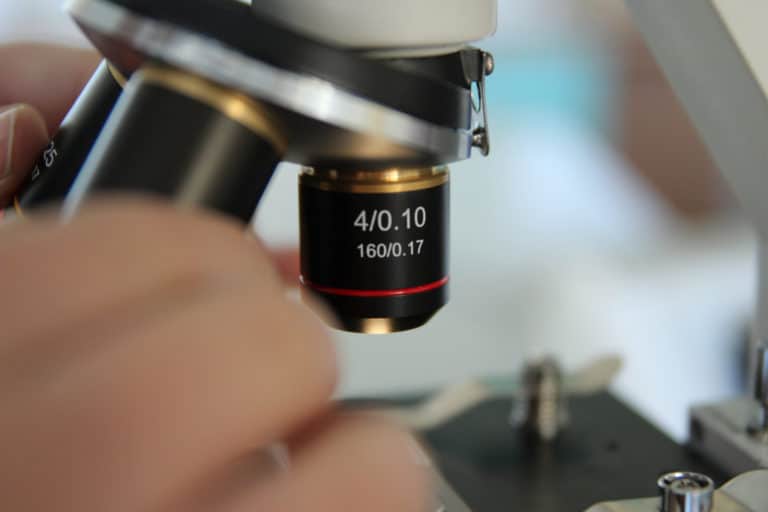Urinary incontinence in men is not a disease, but a symptom of a dysfunction of the urinary tract. People who experience urinary incontinence lose voluntary control over their bladder function, resulting in urine leakage. Although urinary incontinence in men is less common than it is in among women, some men do experience this urinary tract problem.
For many men who experience urinary incontinence, the condition is temporary and is frequently associated with treatment for BPH or treatment for prostate cancer. Once treatment is done, control over urinary function typically returns over time. For others, however, urinary incontinence in men is permanent.
However, men can often significantly improve their control over urine flow with the right treatment for incontinence. If you are experiencing urinary incontinence, the best thing to do is to see your primary care physician or a urologist to uncover the cause and take action to correct the problem.
A common form of urinary incontinence in men is overactive bladder (OAB). Overactive bladder, like urinary incontinence in men in general, can be associated with BPH, prostatitis, and prostate cancer and their treatments. Although millions of men and women have overactive bladder, few people will admit they have this condition, even to their doctors. An estimated 29.8 million adults aged 40 years or older in the United States have bothersome symptoms of overactive bladder.
People who live with urinary incontinence and overactive bladder often find that it has a significant and life-altering effect on their lives. Urinary incontinence can cause men to become isolated from family and friends. It’s easy to understand how urinary incontinence could cause people to become depressed and anxious when they worry they may experience leakage at work or social occasions, while having sex, or during other situations. Men should talk to their healthcare providers about the treatment options for incontinence.







